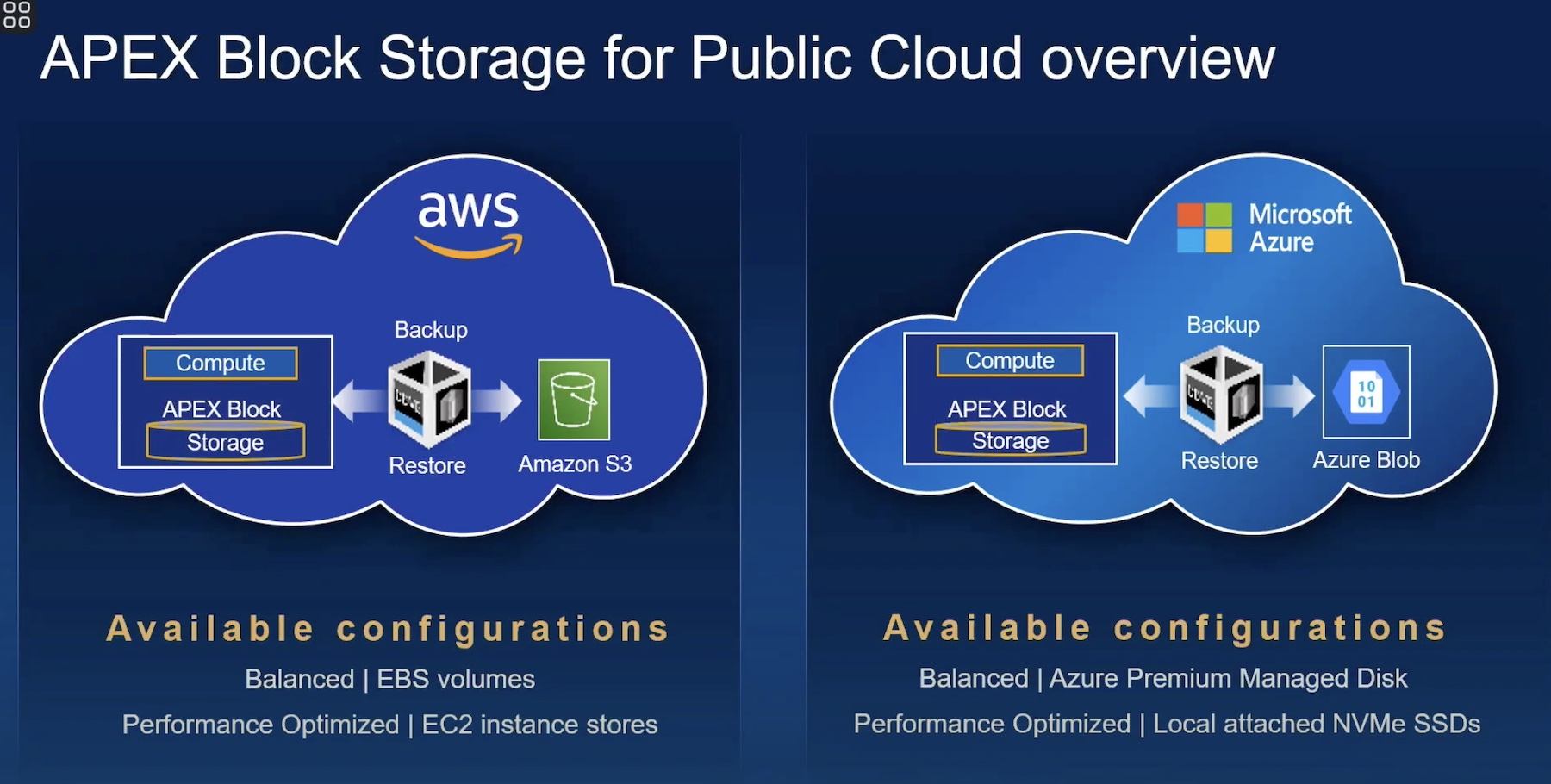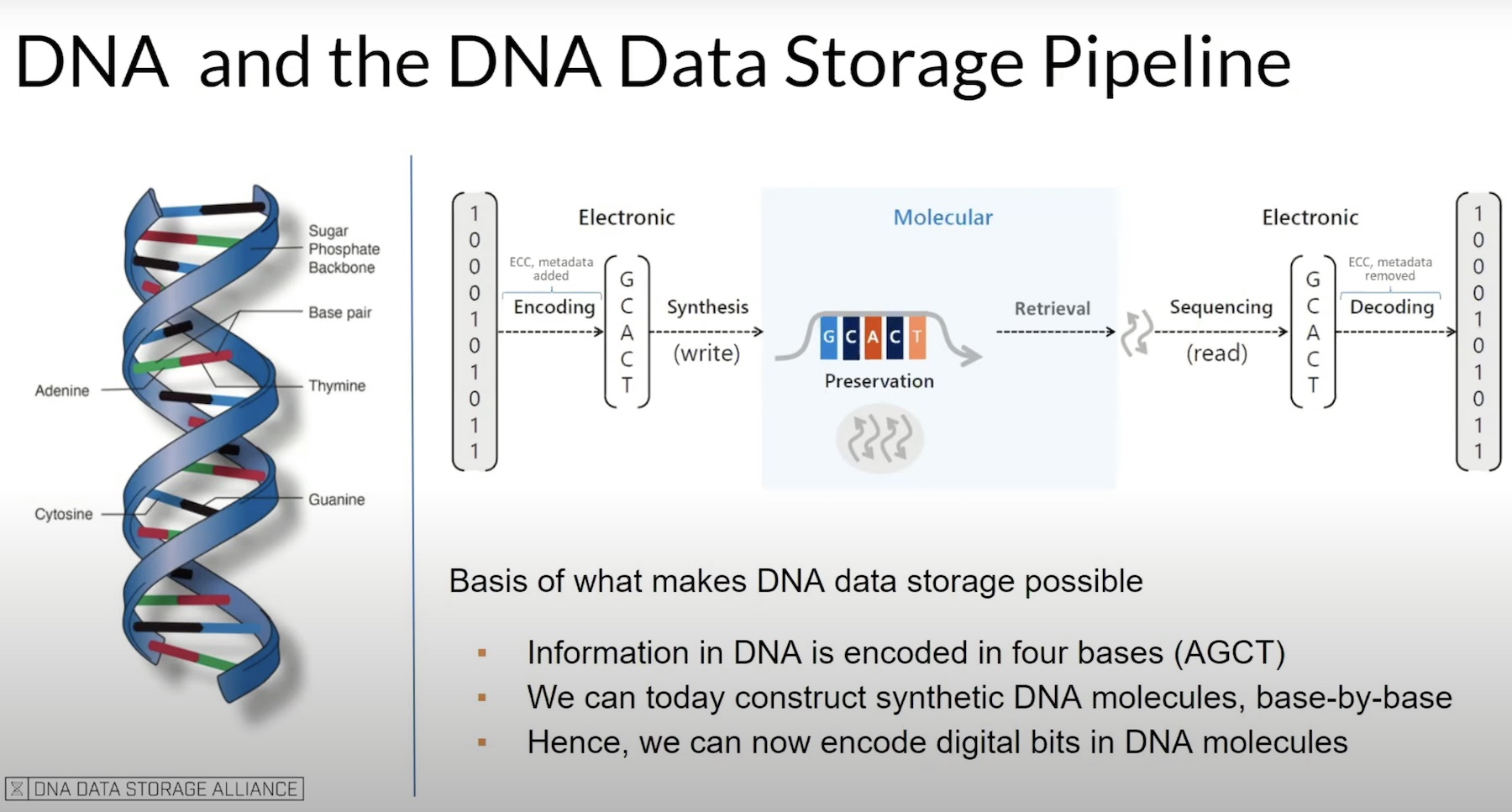What is the cloud? What will become of it? I spent May 17 and 18 in Prague at the Sys-Con Cloud Computing Conference and Expo exploring these questions with some of the smartest cloud-focused folks in Europe. The consensus: The IT world is changing and remote managed services are a big part of it. Another discovery: There are many, many terrible cloud puns in all languages.
The highlight of the show was Monday’s keynote by Roman Stanek of Good Data. His company’s eponymous analytics product lives entirely in the cloud, scaling as needed to meet customer demand. He led us through the thought process that led to this architecture, demonstrating why it’s simply the only sensible choice for applications like his. Nearly all of Good Data’s service expense is operational rather than capital in nature: Leveraging the OPEX advantage of infrastructure as a service allowed them to take in less money, giving less control to venture capitalists. The geographically-dispersed workforce uses laptop computers and the internet with no computer room or servers. Cloud computing is true SOA for the first time. As Roman told me, he couldn’t preach the virtues of the cloud without adopting it internally!
My discussions with the Expo attendees focused on where exactly this momentum will take us. Expo emcee, Jeremy Geelan, summed it up: Cloud computing will eventually be called nothing. It’s just computing. When it has no name, we will know that it has become a success. Many of my discussions came to this point, that the cloud computing movement is already underway, already taking hold both in consumer and corporate spheres, and will quietly take its place alongside more conventional in-house paradigms.
Among the many ideas worth considering:
- We may eventually see time-variable pricing, with rates going up at periods of peak demand and down at other times. This will lead to spot pricing and futures contracts.
- One follow-on idea was the possibility of deep discounts for those who can tolerate “best effort” services. Would you pay 10% extra for a non-guaranteed extra copy “most of the time”?
- Service providers will compete not just on price, but scalability, efficiency, and SLAs.
- Private clouds may not be clouds at all, since they don’t offer the same CAPEX/OPEX tradeoff and flexibility advantages. But private clouds could lead to a peer-to-peer public cloud, something that is already happening with DR systems today!
- How many public clouds will there be and who will run these? Will it be the usual suspects like Amazon and Google? The telephone companies? The software providers? Or corporate peers, as mentioned above?
- Flexibility to relocate applications in the cloud is an excellent idea, and one that will spur adoption, but “ye canna change the laws of physics” when it comes to bandwidth. This means that it’s a lot harder to migrate cloud storage to a new provider than cloud application instances!
- With each country adopting different laws, it becomes incredibly important to consider which legal system governs your cloud computing system. This has important implications for privacy and accountability, but many fail to think about it.
Although I missed out on the fellowship of the EMC World Bloggers’ Lounge, I think I learned much more from the cloud community in Prague!
© sfoskett for Stephen Foskett, Pack Rat, 2009. |
Lessons From the Cloud Computing Conference and Expo Prague 2009
This post was categorized as Enterprise storage, Gestalt IT, Personal, Virtual Storage. Each of my categories has its own feed if you’d like to filter out or focus on posts like this.




